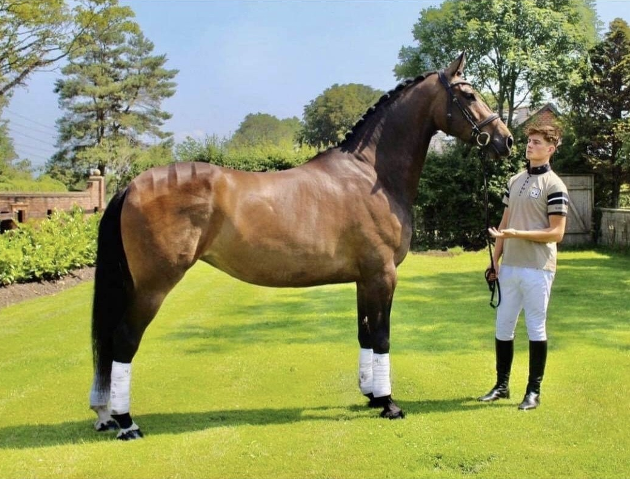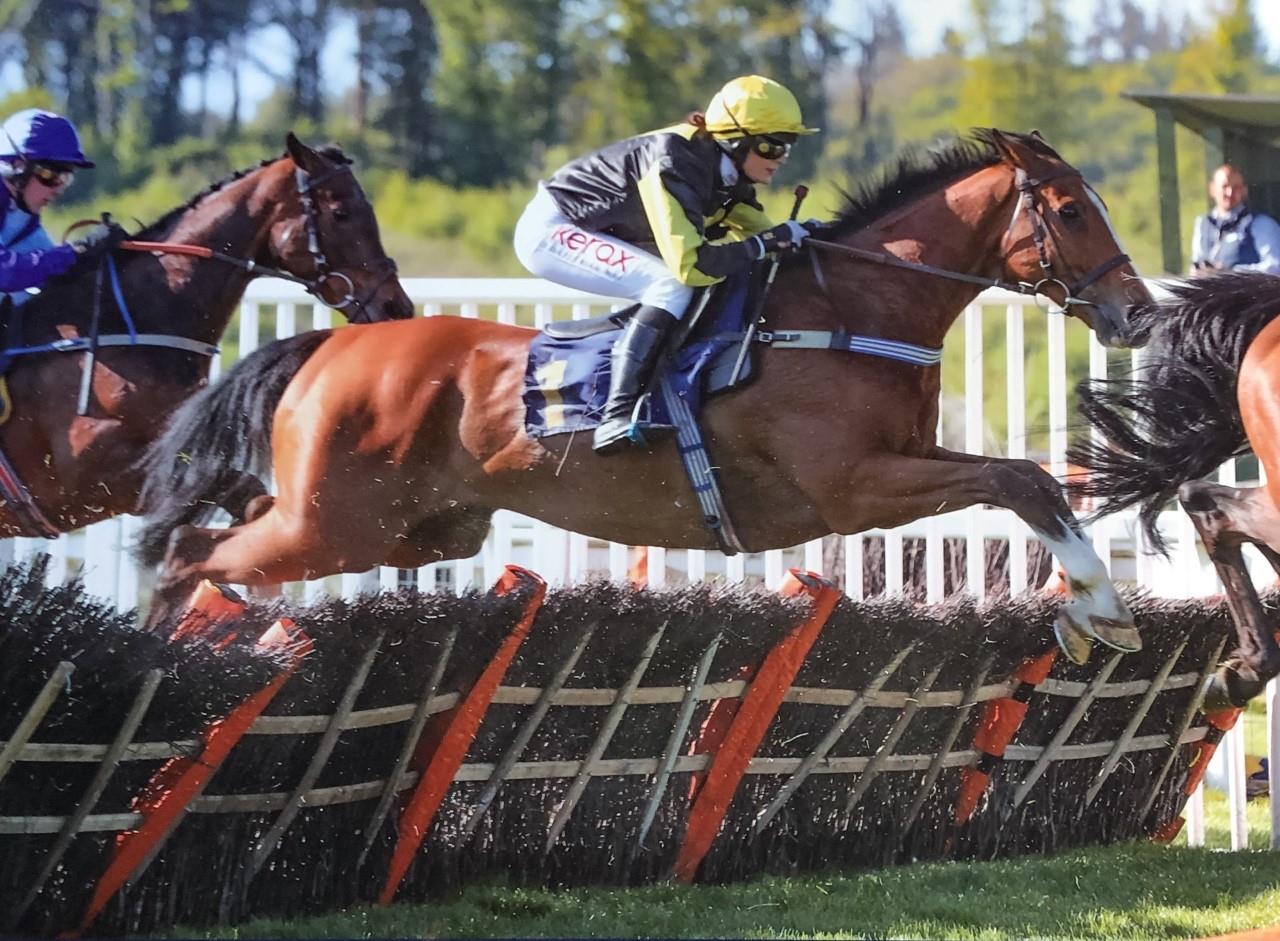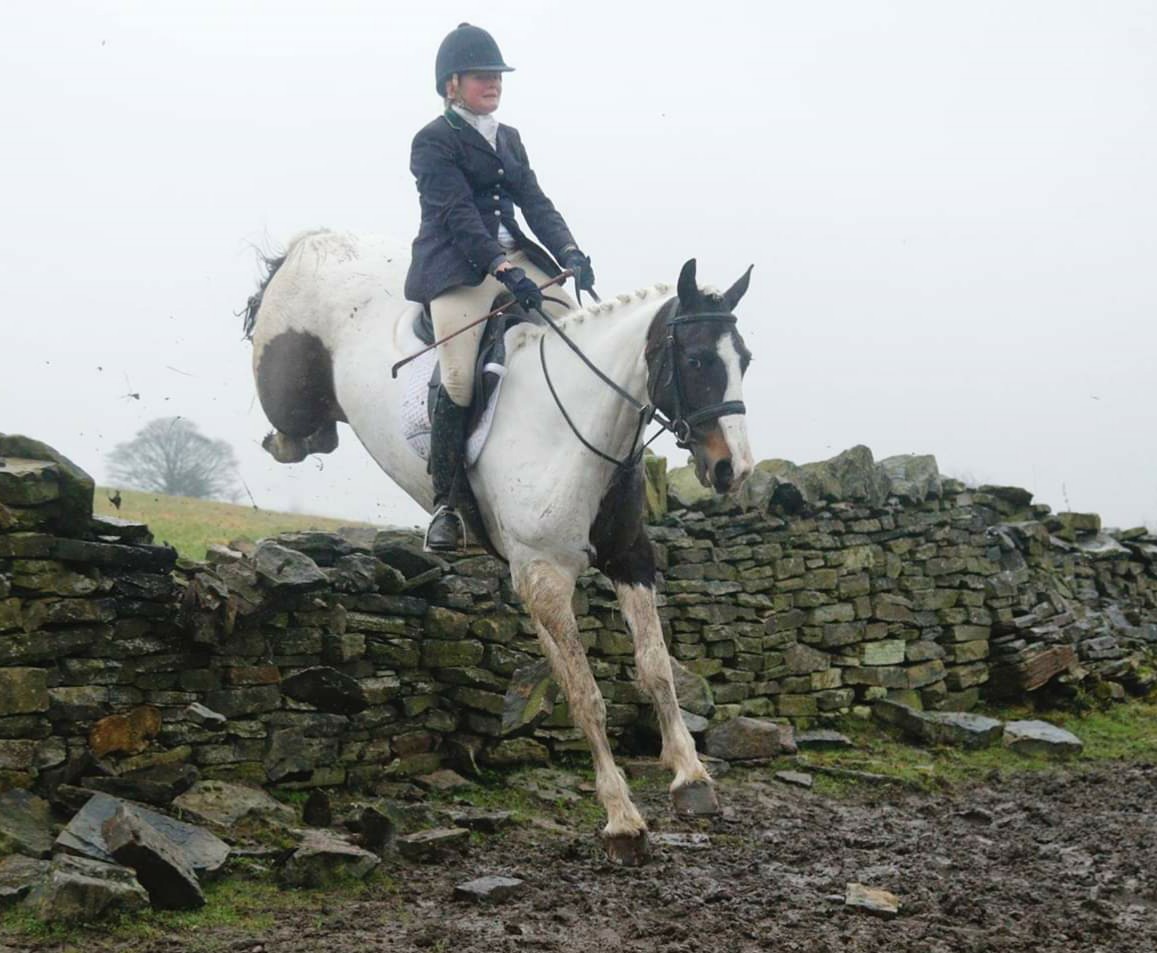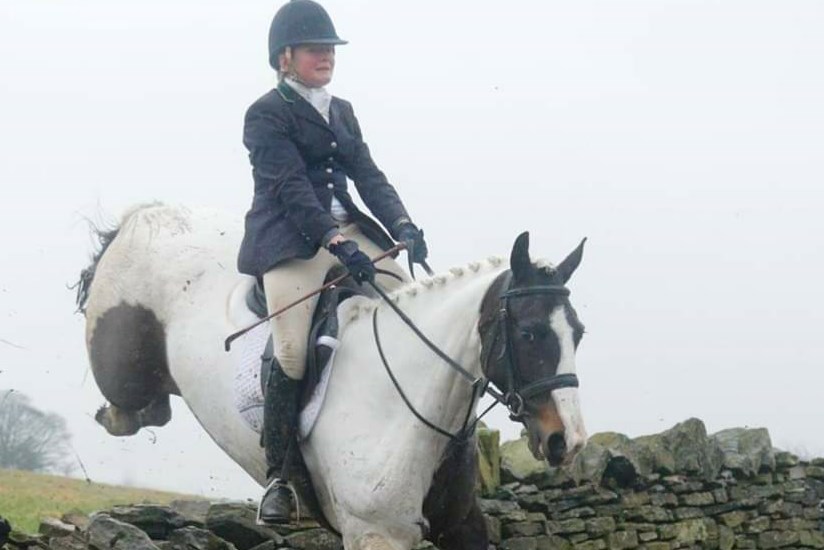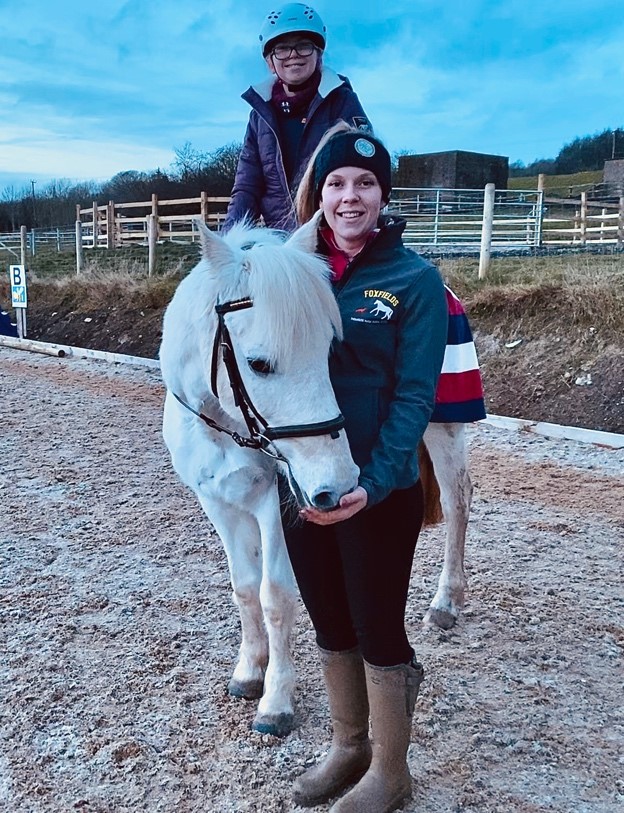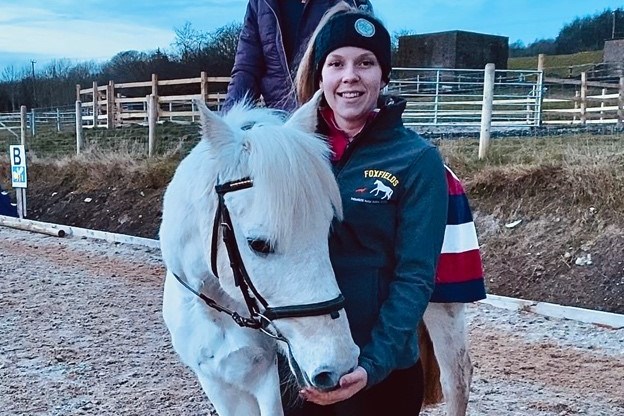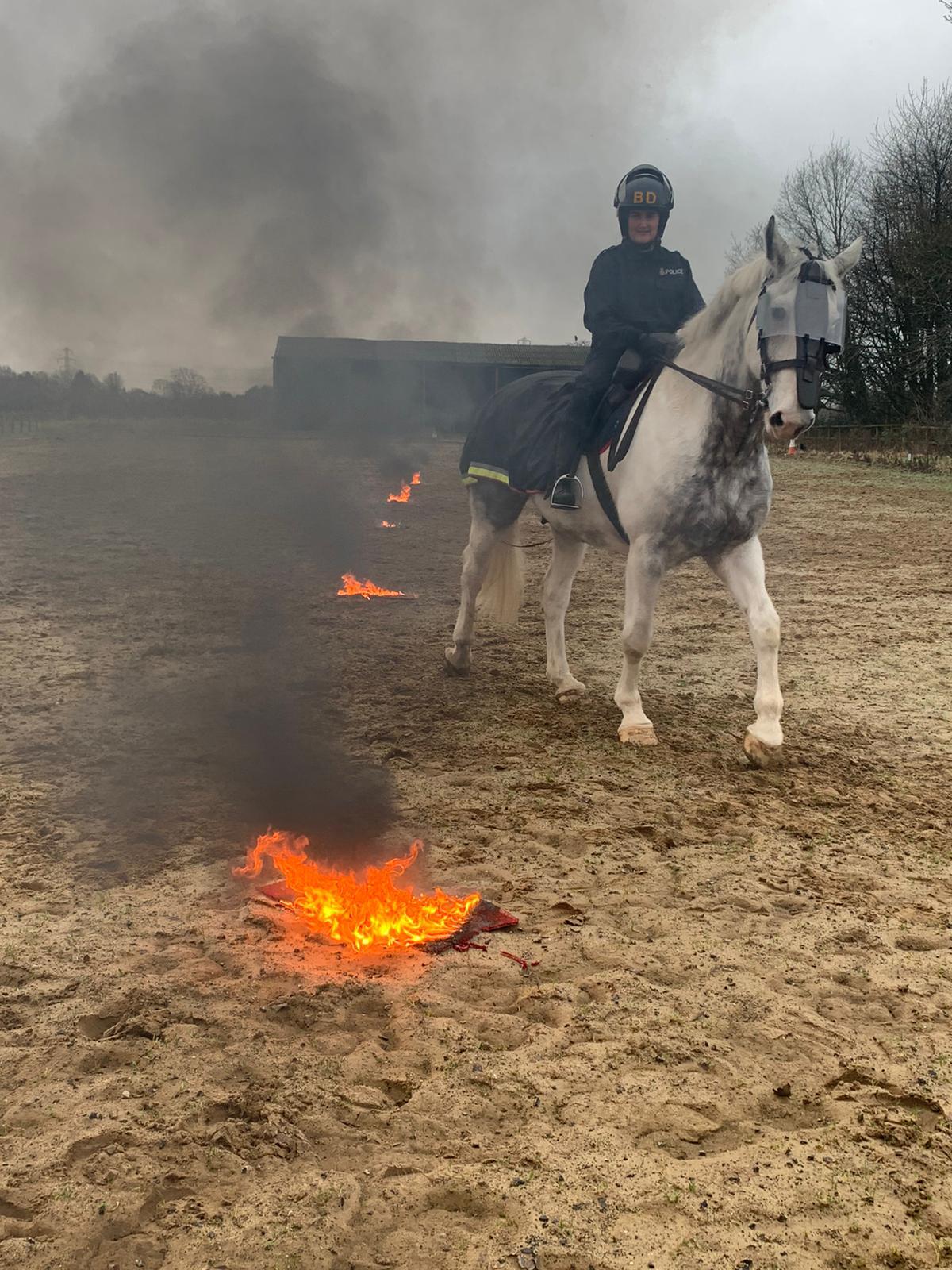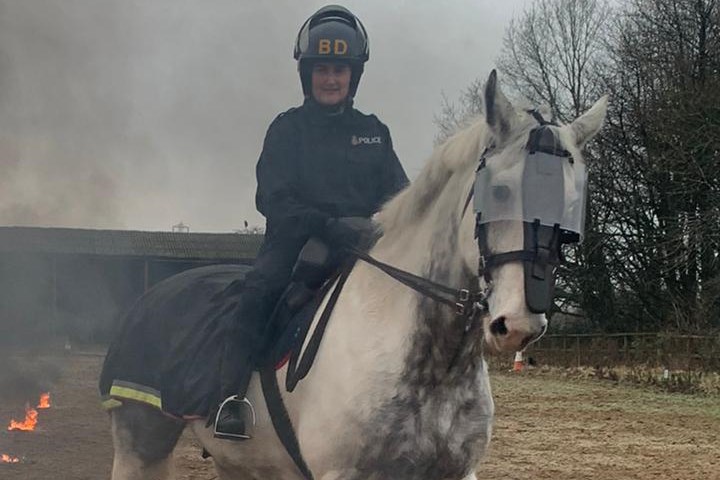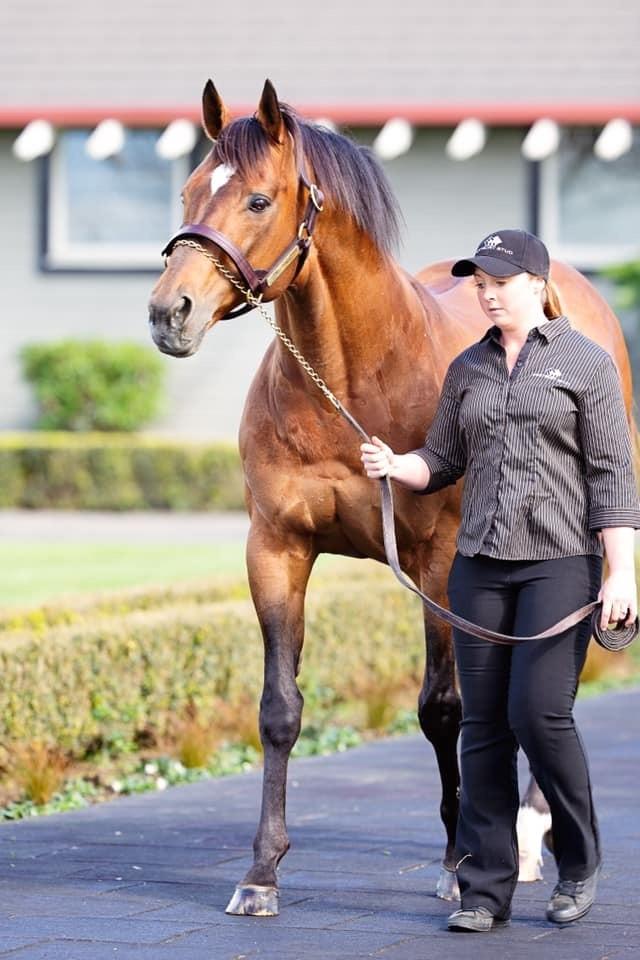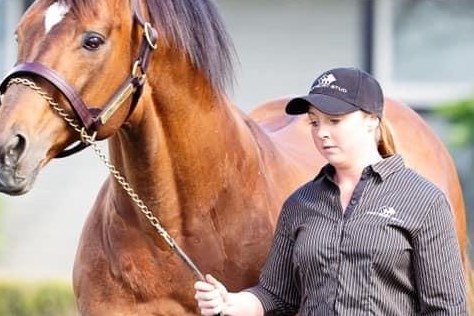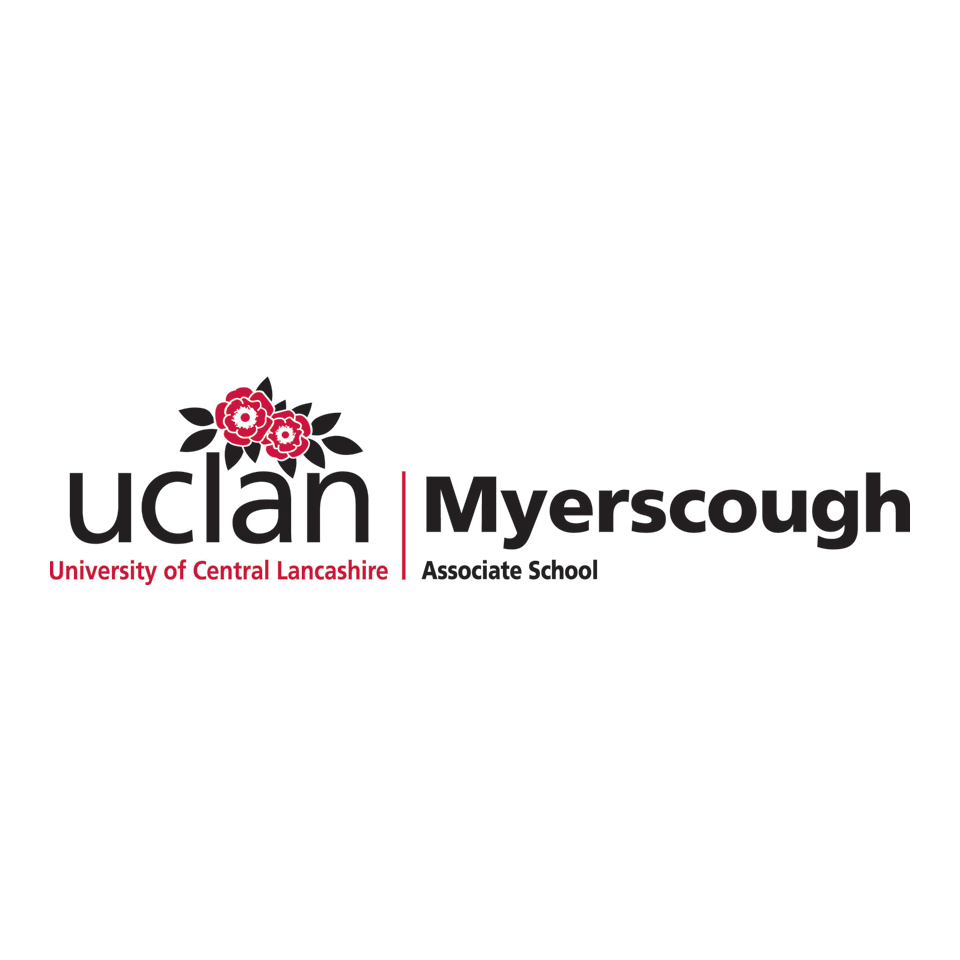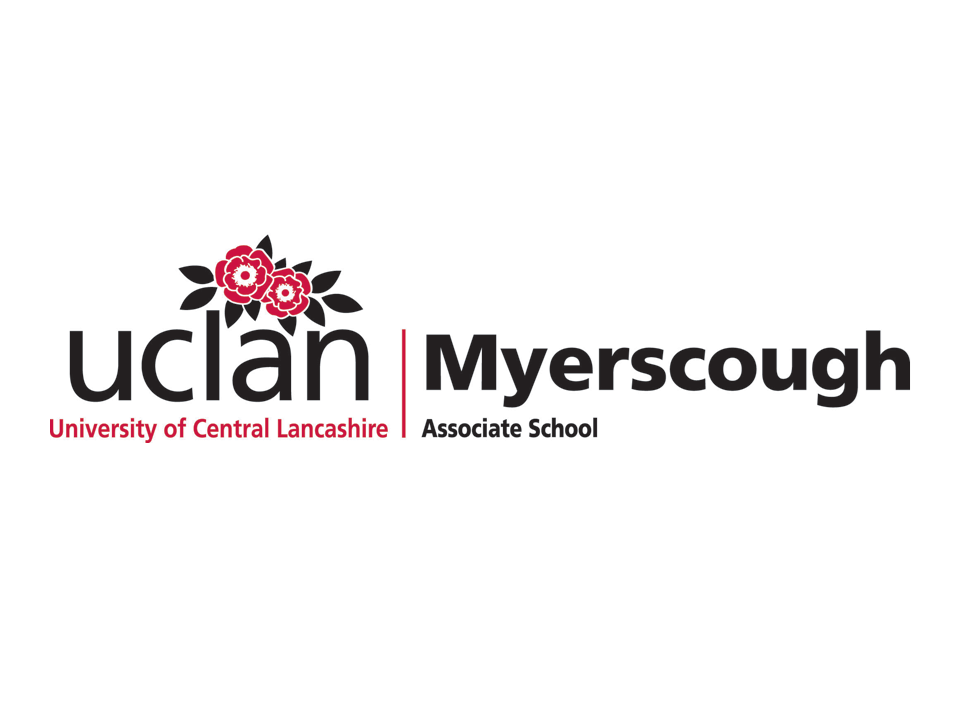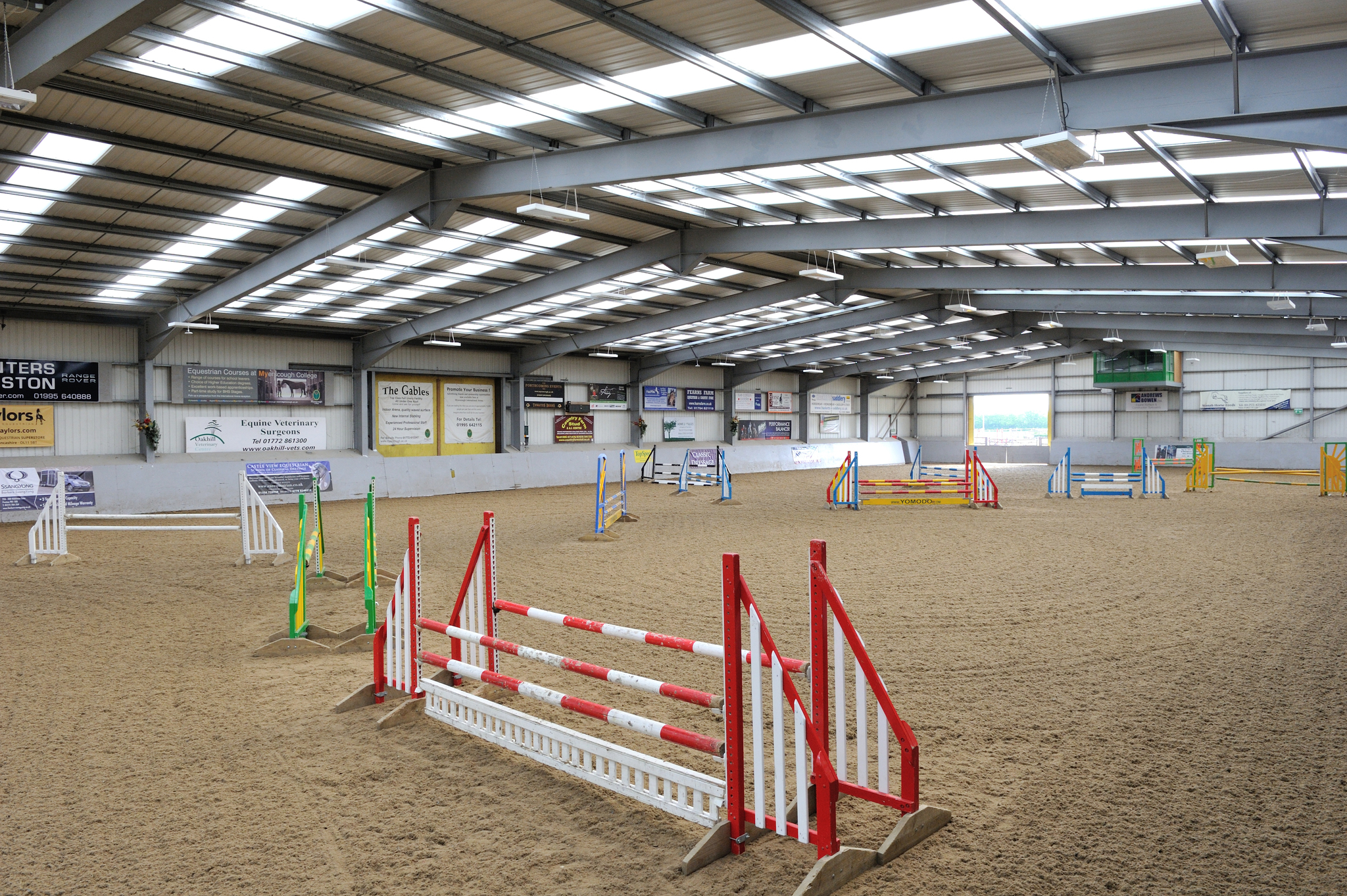Course modules
Year 1
Academic and Vocational Skills
This module provides students with first-hand experience using a relevant work environment to develop academic, practical and technical skills. Students will be encouraged to record and reflect on their own personal development during the module. The module is fundamental to the ethos of foundation degrees in providing engagement in a work environment and will provide the foundation for further development through study at level 5.
Applied Equine Husbandry
Management of the equine requires specific skills and understanding to manage the horse effectively and with good welfare standards. The equine is a complex animal whose psychology is vital to its effective husbandry. The routine of this husbandry is vital, as is the understanding of different methods which may be used to enhance welfare. The basic principles of equine care are fundamental and underpin the requirements of whichever area of the equine industry the student finds employment within. Comparisons will be made to husbandry practices within the UK and abroad.
Equine Anatomy and Physiology
The purpose of the module is for students to be able to describe the structure and function of the main body systems of the equine at the gross anatomical, macroscopic and microscopic level. Students will also develop laboratory skills and techniques whilst conducting investigations to increase their knowledge and understanding of the anatomy and physiology of the equine.
Practical Equine Therapy and Rehabilitation
The aim of this module is to prepare students with the theoretical and practical understanding of therapy and rehabilitation programmes relevant for industry.
Year 2
Science of Equine Training and Behaviour
This module aims to develop a practical understanding of a range of training methods and behavioural modification techniques through theory and practical sessions.
Ethical Practices in the Equine Industry
The aim of this module is to build on a basic understanding of animal welfare ethics to enable the student to evaluate ethical issues surrounding current practices within the equine industry. Examines the pressures of the modern equine and human’s role in their welfare. Legal requirements and vocationally based opinions of the equestrian industry, nationally and internationally will be identified, discussed and debated.
Management of the Equine Athlete
The aim of this module is to develop a holistic approach to maintaining the structure and function of the equine athlete.
Equine Nutrition
This module aims to give students a detailed insight into the digestive function of the equine, nutritional related problems and the nutrients which are available in commercial horse feeds; raise awareness of fundamental issues that can have an impact on the equine and introduce the practicalities and management choices when caring for horses and their nutrition.
Year 3
Principles of coaching and rider performance
This module gives students the opportunity to develop and appreciate the skills, techniques and strategies involved in coaching. The module will develop an awareness of the unique demands and considerations involved in the coaching of equestrian sports. Students will identify and use appropriate sport psychology techniques to develop the equestrian during performance.
Research Development
The aim of this module is to develop the ability of students to undertake investigative research. Students will develop a range of generic research skills which will be useful in the professional context as well as in an academic context. The module will focus upon information-related academic and market research skills, research methodology, data collection techniques, data analysis and writing skills. It will develop the ability to evaluate and apply quantitative and qualitative research methods.
Breeding and Stud Management (Option)
The underlying academic principles and practices of successful breeding programmes and studs are delivered within this module.
Applied Equitation and Performance (Option)
The module aims to approach equitation to develop empathic relationships between horse and rider, whilst analysing the performance of the horse and rider combination.
Elective
A choice of a level 5 module from the elective catalogue.
Entry requirements & additional information
- Entry requirements
- Learning and assessment
- Progression
- Careers
- Professional accreditations
- Special requirements
Entry requirements
5 GCSE passes at Grade C (4) or above (including Maths and English or equivalent)
Plus 48 UCAS Tariff points from one or more of the following:
- 2 A-levels (A2), at least one at C or above
- BTEC/C&G Level 3
- 2 Scottish Highers at C or above
- 3 Irish Highers at C or above
- International Baccalaureate at 24 points
- NVQ Level 3 in a relevant discipline
- Access to HE
AS levels, BTEC Subsidiary Diploma and Scottish Intermediate 2s may be used to contribute to entry requirements but they are not sufficient for entry on their own. Alternative equivalent qualifications will also be considered positively.
Applicants who believe they may be eligible for Accreditation of Prior Certificated and/or Experiential Learning (APCL/APEL) for certain modules will be considered on an individual basis.
Applicants for whom English is a second language must be able to demonstrate proof of International English Language Testing System (IELTS) at level 6.0 (with no component score lower than 5.5) or equivalent.
All offers may be subject to successful interview.
Please note there is a maximum weight limit of 14.5 stone for any elected riding options for this course.
Learning and assessment
Learning Environment:
This course makes the most of the extensive equestrian facilities on site including a wide range of horses, large indoor and outdoor arenas and up-to-date specialist therapy and research equipment. Students will also have access to specialist IT hardware and software. Learning activities on the course are diverse, including lectures, seminars, tutorials and workshops. Students will be expected to undertake extensive independent study and research to support lectures, seminars and assessments. Group work and group presentations will form an important part of the course.
Assessment:
Students will face a variety of assessments including examinations, essays, technical reports, group and individual presentations, individual study projects, case studies based on work experience and practical assessments.
Additional Information:
Study trips are organised to supplement the learning in specific modules. Examples include, Twemlowes AI and Embryo Transfer Centre, Newmarket, Northern Equine Therapy Centre, British Society of Animal Science annual conference, British Thoroughbred Rehabilitation Centre, many elite athletes have opened their yards to Myerscough student visits. Guest speakers often visit and include industry experts in areas such as equine reproduction, nutrition, training and behaviour, coaching, elite equestrian athletes. Students also have the opportunity to trial for our competition BUCS equestrian team and as part of successful trial for this, have additional weekly riding sessions.
What work experience can I get?
There is no formal work placement on this course. The Academic and Vocational Skills and Industry Project modules will utilise both on and off site working environments to provide the opportunity for students to develop real practical and technical skills and help prepare them for employment in their chosen subject area.
Progression
For students completing the Foundation Degree with pass or above, the opportunity exists to progress to the final year of the BSc (Hons) Equine Science degree. Students will need to select the research methods option in year two to be eligible for the top-up.
Careers
The course prepares students for management level careers in many areas of the equine industry. These include:
Independent Business Owner
Consultant
Sales
Equine Journalism/Insurance
Bloodstock Agents
Stud Managers
Yard managers
Nutrition representatives
Professional accreditations
During their course of study students are encouraged to study for the appropriate British Horse Society Stage qualification. Training for Stages I, II and III as well as the BHS Stage 2 Coach in Complete Horsemanship qualification may be offered on site as an additional part-time course subject to additional fees and application (subject to numbers).
Special requirements
1 Morning, Evening and Weekend Duties: will be required on the College Yard, through all years of the course. Morning and evening yard duties are timetabled between 9am and 5pm. Weekend yard duties are carried out on a rota basis.
2 Equipment and/or Clothing: suitable clothing for yard duties. If riding – riding hat to current standards (PAS015 2011, ASTM F1163; SNELL E2016), riding boots, gloves, jodhpurs plus schooling and jumping whip and body protector for jumping lessons.
Extra Costs:
Additional costs for items that are essential for the course include:
- £100 - If riding: Jodhpur boots, long leather or riding boots
- £90 - Jodhpurs (plain navy or black), breeches or riding tights, riding hat, hair net, gloves
- £10 - Laboratory coat
- £80 - College polo shirt, sweatshirt and Jacket (or plain navy or black)
- £30 - Strong boots or wellingtons for yard work
Additional costs for opportunities and items that are optional for the course include:
- £33 - College padded Gillet
- £25 - College rugby shirt
- £400 - Field trips and visits (including possible overseas trips)
- £70 - If jumping; Body protector to the correct BETA 2009 standards (purple label, level 3)
- £75 - If riding: Long & short whip, non-suede gaiters, white shirt and tie
- £22 - Waterproof trousers
Latest news, Equine studies
-
Croxteth students witness equine rescue demonstration at Merseyside Fire and Rescue Service
- Published
- Thursday 23 January
-
Higher education Research Conference a success
- Published
- Friday 8 Nov 2024
-
OPINION: Supporting young people into the equine industry
- Published
- Wednesday 6 Nov 2024
-
Charlotte’s research has horse power
- Published
- Monday 7 Oct 2024
-
Myerscough gallops to innovative apprenticeships in the horse racing sector
- Published
- Monday 9 Sep 2024
